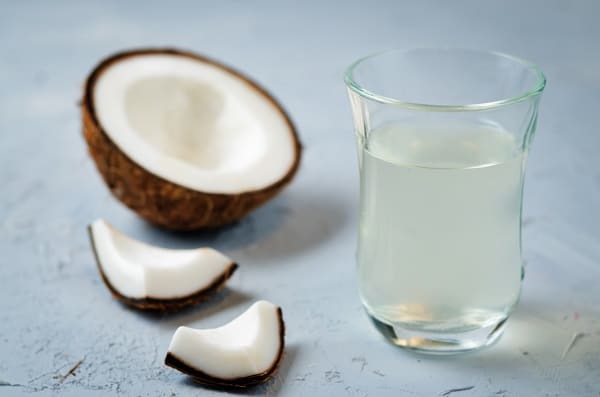Running is a demanding sport that requires your body to be in top form. The key component for any athlete, runner or otherwise, is nutrition: what you eat can make all the difference between achieving your goals and staying on a plateau. It’s important not only to have healthy carbohydrates and proteins before running out of energy but also micronutrients.
Such as vitamins C & D which are found abundantly in fruits like oranges and pineapple; potassium-rich foods from potatoes with skin cooked until soft; wheat germ oil high in vitamin E (great for healing); spinach rich protein iron plus great fiber content; bananas highest concentration of magnesium among whole food sources while having best combination amino acids.
What Micronutrients Do You Need To Eat When Running?

Micronutrients are the substances responsible for making us function better. They include vitamins, minerals and antioxidants we get from food sources that strengthen our immune system which helps to prevent injuries when exercising like running. If you would like know what nutrients runners need when going out for a run there is the following essentials every runner needs.
Sodium

Sodium is a crucial element to replace after sweat sessions. When we exercise, sodium leaves our body and this can make us more tired during the day or even cause cramps if not replaced often enough. Sodium supplements are available for those who need an extra push but there could be side effects which you should discuss with your doctor before taking them.
Sodium is essential in replenishing lost electrolytes when training hard/sweating profusely because it helps muscles contract while exercising; without sufficient levels of salt, athletes will feel exhausted faster as well as have muscle spasms from dehydration causing potential injury to themselves.
If you are looking to increase your sodium levels, try drinking coconut water or an energy drink. These drinks will replenish the lost electrolytes and help with exercise performance!
Calcium

Calcium is necessary to take care of your bones. If you do not eat foods rich in calcium, then the lack thereof will result in weaker bones which can lead to injuries and breaks when training; this goes without saying that if bone strength does not come from milk, it comes from other sources such as broccoli or almonds. These vegetables are just a few examples – there are more ways for good levels of calcium to be obtained than one might think!
Magnesium

Do you want to avoid cramps while running? Your magnesium levels may not be adequate and that is why your body reacts this way. It is important to take into account these warnings our own body gives us, so check if we are ingesting an adequate amount of magnesium. The regulation of energy in the human being’s organism depends largely on good quality magnesium intake as well.
It also has a role with muscular contractions- meaning, when there isn’t enough Magnesium stored within the cells or ingested through food sources (which would cause muscle spasms), then one will surely suffer from some form of intense muscle pain due to lack thereof! If this happens, try eating more bananas or avocados for starters
Zinc

Cellular growth and reproduction are two vital functions that happen at an incredibly fast rate, which is why our immune system works so hard to keep the body balanced. Fortunately for us there’s a mineral called zinc- it helps fight off viruses! Zinc can be found in cashews nuts or mushrooms as well as spinach or chicken. Eating these foods will help you stay healthy all year round and enjoy unshakable health!
Zinc plays a huge role in fighting of any unwanted virus by strengthening your immune system with its ability to increase white blood cell production preventing any chance of spreading this sickness further throughout your whole body
Iron

Iron is one of the most important nutrients when Running. It’s a necessary element for oxygen to pass from your lungs to all other parts of your body, so if you don’t have enough iron, it might make you feel much weaker.
If an individual does not get enough Iron in their diet each month (because they lose blood during menstruation) then they may be at risk for feeling weak and tired more often than usual because without that crucial mineral running through our bodies we cannot produce as many red cells or hemoglobin which are what carry oxygen throughout the bloodstream! Luckily there are small ways we can combat this problem by eating foods such as lentils; liver; dark chocolate – these types of food usually contain high amounts of iron.
Conclusion
There are many micronutrients that a runner needs to take into account in order to stay on top of their game! Whether it be for energy or muscle contractions – all these nutrients play an essential role when it comes down to our health. There could be side effects which you should discuss with your doctor before taking them but the benefits outweigh any negatives if one takes care with what they’re supplementing themselves with.


